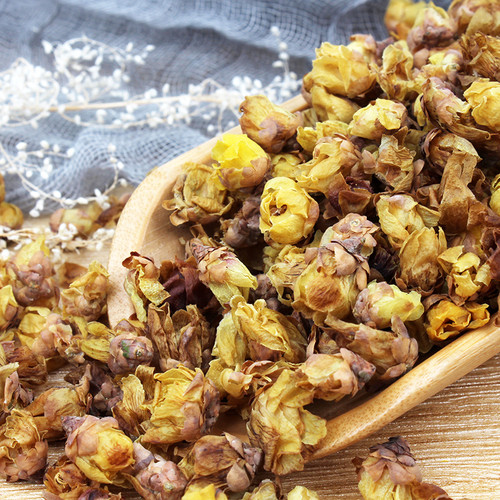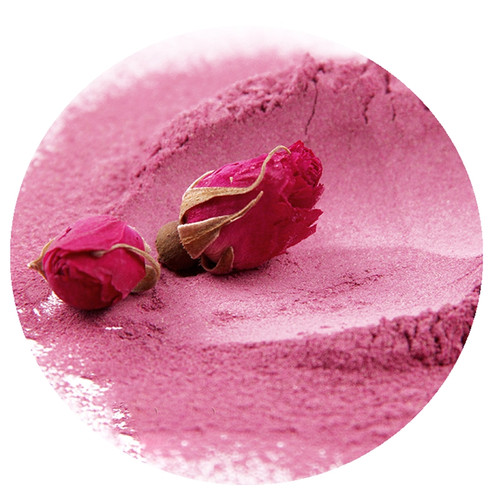Product Overview
Parts used: Dried flowers
TCM category: Herbs that regulate Qi
TCM nature: Neutral
TCM taste(s): Sour
Meridian affinity: Stomach Liver Lung
Scientific name: Prunus mume
Other names: Chinese plum or Japanese apricot
Use of plum flowers (Mei Hua) in TCM
Please note that you should never self-prescribe TCM ingredients. A TCM ingredient is almost never eaten on its own but as part of a formula containing several ingredients that act together. Please consult a professional TCM practitionner, they will be best able to guide you.
Preparation: Collect flowers and dry them at low temperature
Dosage: 3 - 5 grams
Main actions according to TCM*: Regulates the Stomach and Spleen function and soothes the Liver Qi. Resolves Phlegm and detoxifies.
Primary conditions or symptoms for which plum flowers may be prescribed by TCM doctors*: Depression Ulcers Scrofula Stomach rumble Phlegm
Key TCM concepts behind plum flowers (Mei Hua)'s properties
In Traditional Chinese Medicine (TCM), plum flowers are plants that belong to the 'Herbs that regulate Qi' category. Herbs in this category typically treat a TCM condition called 'Qi Stagnation'. Concretely it means that Qi is blocked in the body's Organs and Meridians, most typically the Stomach, Liver, and to a lesser extent, the Lungs. In modern medicine terms, Qi Stagnation often translates into psychological consequences such as depression, irritability or mood swings. It's also frequently associated with conditions such as premenstrual syndrome (PMS), menopausal symptoms, the development of breast swellings as well as various digestive disorders.
Furthermore plum flowers are plants that are Neutral in nature. This means that plum flowers typically don't affect the balance in your body. Balance between Yin and Yang is a key health concept in TCM. Eating too many "Hot" (Yang) ingredients can lead to an imbalance whereby one has a Yang excess. The inverse is true as well: too many "Cold" (Yin) ingredients can lead to a Yin excess. The Neutral nature of plum flowers means that you don't have to worry about that!
Plum flowers also taste Sour. The so-called "five elements" theory in Chinese Medicine states that the taste of TCM ingredients is a key determinant of their action in the body. Sour ingredients like plum flowers help with digestion and restrain abnormal discharges of fluids from the body, such as diarrhea or heavy sweating.
The tastes of ingredients in TCM also determine what organs and meridians they target. As such plum flowers are thought to target the Stomach, the Liver and the Lung. In TCM the Stomach is responsible for receiving and ripening ingested food and fluids. It is also tasked with descending the digested elements downwards to the Small Intestine. The Liver on the other hand is often referred as the body's "general" because it is in charge of regulating the movements of Qi and body fluids. It also takes a leading role in balancing our emotions. In addition to performing respiration, the Lungs are thought to be a key part of the production chain for Qi and the body fluids that nourish the body.









